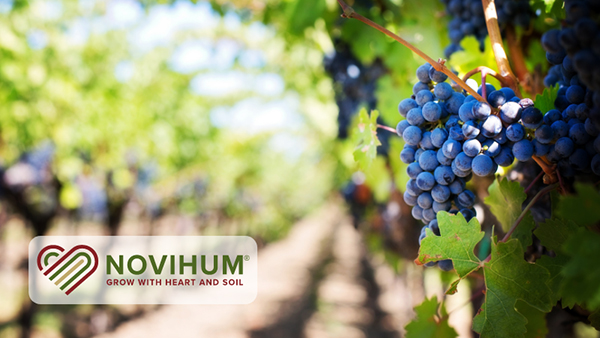In Focus: Five questions With Dr. Mark Ritenour
Editor’s Note: Recent changes to USDA canker regulations will have an impact on Florida’s fresh-fruit market. Dr. Ritenour of the University of Florida/Institute of Food and Agricultural Sciences provides details on the changes and what remains the same.
1. Florida Grower (FLG): What changed recently in terms of USDA canker regulations for Florida fresh fruit?
Ritenour: First, there are some important requirements that have not changed. All citrus packers and re-packers are still required to enter into a compliance agreement with USDA’s Animal Plant Health Inspection Service (APHIS). All Florida citrus is prohibited from shipping to citrus-producing states and territories, regardless if fruit show symptoms of canker or not. Citrus-producing states include Arizona, California, Hawaii, Louisiana, Texas, and American Samoa, Guam, Northern Mariana Islands, Puerto Rico, and Virgin Islands.
The most significant change in the canker regulations is that for domestic markets of Florida fresh citrus, preharvest inspections to certify a citrus block’s freedom from canker are no longer required. All statements regarding the new rule apply only to fruit for the domestic market. Export markets have their own regulations. For example, the European Union (EU) still requires production blocks to be certified canker-free via preharvest grove inspections (within 120 days of the start of harvest) in addition to post harvest handling treatments to assure that no fruit with canker symptoms are shipped.
Florida citrus destined for domestic, non-citrus-producing markets must: Be sampled and inspected (at the roll boards or from packed boxes) by an APHIS inspector and found free of canker symptoms; be treated with chlorine, sodium-o-phenylphenate, or peracetic acid to decontaminate fruit surfaces; be packed in APHIS approved, properly labeled boxes or containers; and be accompanied by a Limited Permit. Fresh fruit Harvesting Permits (certifying a block free of canker) are no longer required for fruit destined for interstate movement. However, fruit Harvesting Permits continue to be required for EU shipments.
2. FLG: Are new fruit treatments allowed?
Ritenour: For the required fruit decontamination treatment, besides the previously approved chlorine or sodium-o-phenylphenate treatments, now fruit can be decontaminated with peroxyacetic acid (PAA). PAA at the same concentration is also approved for packinghouse equipment sanitation (vehicles, equipment, and other articles … indoor use only). This does not apply to decontamination of equipment outside the packinghouse (i.e., in the field), which is still regulated under Section 11 (Approved Decontamination Products and Methods).
3. FLG: For packers and growers, what impact will this rule change have on their operations?
Ritenour: The objective of the canker regulations is to prevent all Florida citrus fruit from entering citrus-producing states, and prevent fruit with canker symptoms from being shipped to non-citrus-producing states.
Removing the requirement that the production block is completely free of canker (which was verified by the preharvest inspection requirement) gives Florida’s fresh citrus growers and packers more flexibility in managing how they keep symptomatic fruit from being shipped. Now, even if a citrus block has some trees with citrus canker, the grower and packer can still work together to market the fruit domestically, by employing various pre- and postharvest management techniques. For example, a grove that is virtually free of canker would not be expected to require as many packinghouse resources (i.e., graders) to assure a canker-free product, whereas a grove with a more prevalent incidence of canker would require much greater packinghouse resources (i.e., more graders, more time by slowing down the speed of the line, etc.) to effectively remove all symptomatic fruit.
4. FLG: How have other states accepted this rule change?
Ritenour: California and Texas have been particularly strong opponents to the rule change and participated vigorously in the comment period on the new rule. I have not heard of any court challenges by the other states yet.
5. FLG: What, if any, part of the new rules will be most problematic for the packers?
Ritenour: I’ve heard a few complaints about how some details of the rule represent a substantial burden to the packers at times, but they have been relatively sparse.










